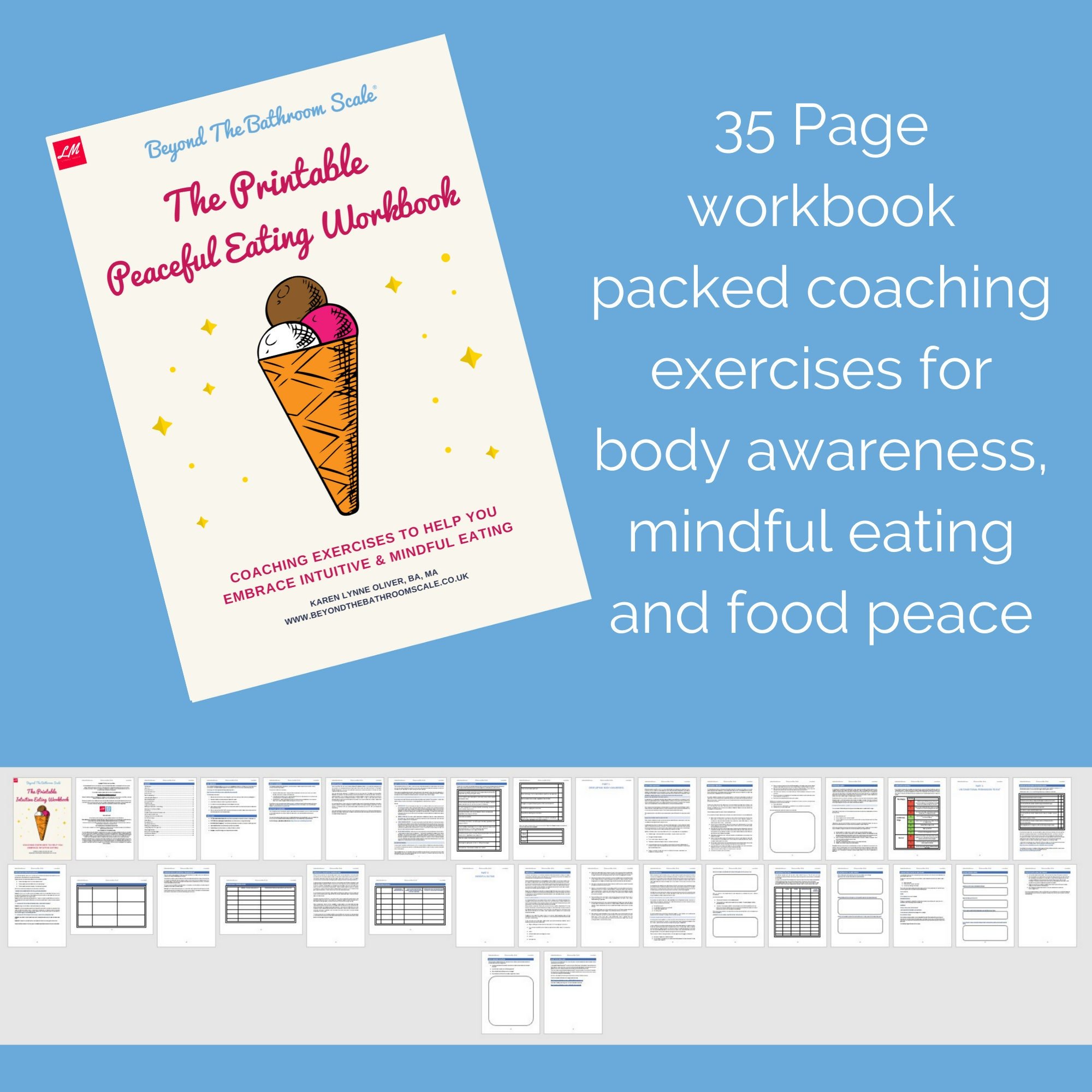5 Tips to Enjoy Holiday Meals Without Guilt: A Guide to Stress-Free Festive Eating
The festive period is a time of joy, connection, and celebration—a time to gather with loved ones, indulge in seasonal traditions, and, of course, enjoy delicious food. But for many, the excitement of Christmas and New Year’s can be overshadowed by feelings of guilt around food. The pressure to maintain rigid dietary rules, coupled with the abundance of festive treats, can create a perfect storm of anxiety and self-criticism.
But what if this year could be different? What if you could savor every mince pie, roast potato, and glass of mulled wine without the weight of guilt? Here’s how you can embrace the festive spirit, enjoy your favorite holiday foods, and nourish your body and soul without a second thought.
1. Ditch the “Good” and “Bad” Food Labels
One of the biggest obstacles to enjoying festive meals is the habit of labeling foods as “good” or “bad.” This black-and-white thinking can lead to unnecessary guilt and even make you feel like you’ve failed if you indulge in something “bad.”
Instead, try this:
Recognize that all foods have a place in a balanced diet. A mince pie isn’t inherently “bad”—it’s a delightful treat that’s part of the festive experience. By letting go of rigid labels, you can make food choices based on what you genuinely want and enjoy, rather than what you think you “should” or “shouldn’t” eat.
2. Practice Mindful Eating
Mindful eating is about being fully present during your meals, savoring each bite, and listening to your body’s hunger and fullness cues. It’s a powerful tool for enjoying food without guilt because it shifts the focus from external rules to internal awareness.
How to Do It:
Slow Down: Take your time with each bite, really noticing the flavors, textures, and aromas of your food.
Tune In to Your Body: Check in with your hunger and fullness levels before, during, and after eating. Eat until you feel satisfied, not stuffed.
Enjoy the Experience: Focus on the pleasure of eating, whether it’s the taste of a festive pudding or the warmth of a comforting stew. Let yourself fully enjoy the moment.
3. Focus on the Bigger Picture
The festive period is about so much more than just food—it’s about connection, celebration, and creating memories. When guilt starts to creep in, it can be helpful to shift your focus away from the specifics of what you’re eating and onto the bigger picture.
Here’s how:
Remind yourself that one meal, or even a few indulgent days, won’t derail your overall health or well-being. What matters most is how you feel throughout the entire season—mentally, emotionally, and physically. Are you enjoying the festivities? Are you connecting with loved ones? Are you taking care of yourself in ways that feel good to you? These are the questions that truly matter.
4. Set Intentions, Not Rules
Instead of setting strict rules for yourself, try setting positive intentions for how you want to approach food and eating during the festive period. Intentions are flexible and focused on your overall well-being, rather than rigid outcomes.
For example:
Intention: “I will enjoy my meals and snacks and listen to my body’s hunger and fullness signals.”
Intention: “I will savor my favorite festive treats without guilt, knowing that food is part of the joy of the season.”
Intention: “I will focus on how food makes me feel, choosing options that nourish both my body and my soul.”
By setting intentions, you create a mindset that supports balance and self-compassion, allowing you to enjoy the festive period without the burden of strict rules.
5. Cultivate Self-Compassion
The festive period can be a challenging time for many, especially when it comes to food and body image. It’s important to practice self-compassion and be gentle with yourself. If you find yourself feeling guilty after a meal or snack, take a step back and offer yourself the kindness you deserve.
Try This:
Acknowledge Your Feelings: It’s okay to feel a range of emotions during the festive period, including guilt. Acknowledge these feelings without judgment.
Speak Kindly to Yourself: Treat yourself with the same kindness and understanding you would offer a friend. Remind yourself that it’s okay to enjoy food and that you deserve to be happy and well-nourished.
Refocus on Joy: Shift your focus from guilt to gratitude—gratitude for the food you’ve enjoyed, the people you’re sharing it with, and the special moments that make this time of year so meaningful.
Embrace the Joy of the Festive Period
This Christmas and New Year’s, give yourself permission to fully enjoy the festive period without guilt. By embracing mindful eating, focusing on the bigger picture, setting positive intentions, and practicing self-compassion, you can create a more joyful and balanced approach to food. Remember, the festive period is about celebrating life’s pleasures—food included—and you deserve to experience it without the weight of guilt.
If you’re looking for more guidance on developing a healthy, guilt-free relationship with food, our Intuitive Eating Course is designed to support you. With video lessons, practical workbooks, and personalized advice, this course will help you build a positive relationship with food that lasts well beyond the festive period.
In this course, we'll cover what is meant by Intuitive Eating and how it can help you gain freedom from dieting and improve your relationship with food and your body. We'll cover the main principles of intuitive eating and learn how to avoid turning it into 'just another diet'. We'll look at what the tools of dieting look like, analyse your personal dieting history and examine the dieting mentality and you'll learn to listen to what your body is trying to tell you it needs most.



